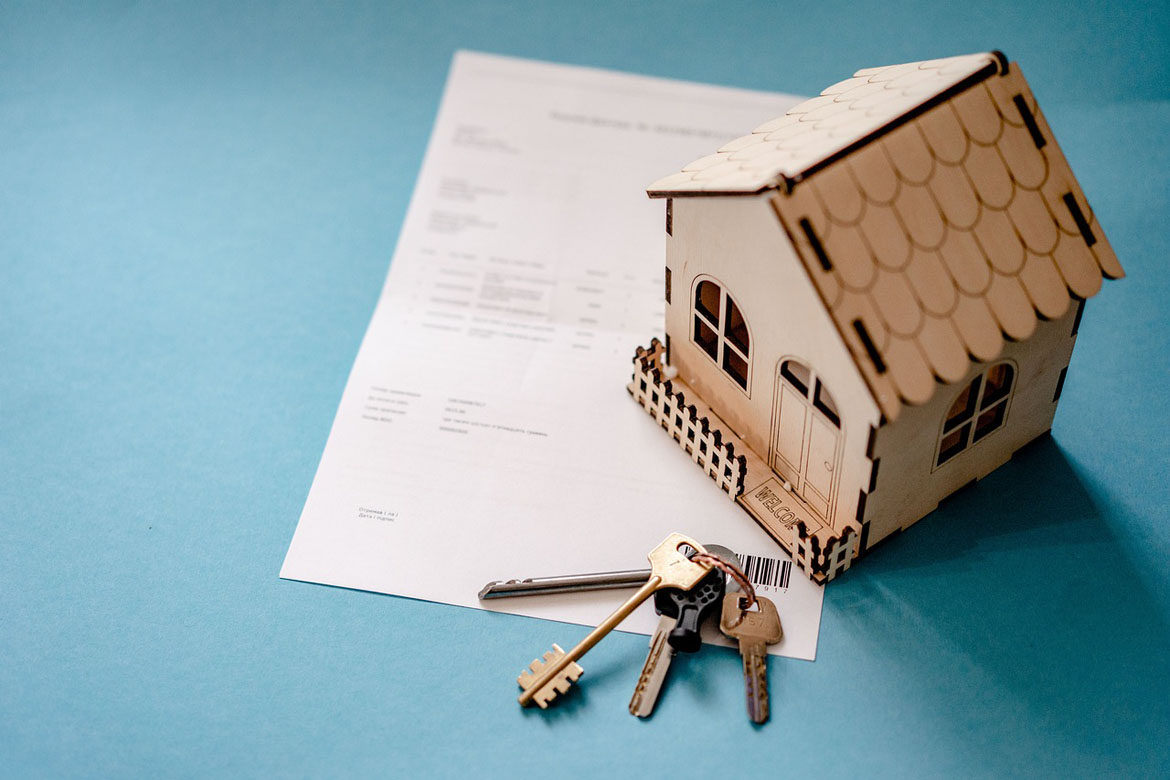Top 10 Financial Tips for Property Investors
Few investments can be as promising and rewarding as property when done right, regarding financial returns and lifestyle benefits. However, it is also a precarious affair. Bad tenants, falling housing prices and over-exposure can mount debts on you. This is a highly competitive niche, so there needs to be a certain amount of calculated risk-taking to become a successful property investor.
Whether you are going to buy your first investment property or are an experienced investor, these 10 tips will help you stay on top of things to get the most out of your investment.
1. Plan ahead
You must have well-defined short-term as well as long-term goals when it comes to property investing. Keep in mind that there will be certain inevitable setbacks when you start, but this should not dissuade you from looking at the long-term goal. Investing in property is complicated and challenging, this is why you should plan to foresee setbacks and take into consideration various factors that might affect your investment- such as rent, demographic changes, interest rates and so on.
2. Consider the location
It is always a trick knowing which the up-and-coming areas are, and where you should invest. These hub spots are scattered everywhere, it just takes a little bit of research to know which these places are. For example, look for places where local infrastructure or transport links are being improved. These areas are likely to see an increase in property prices over the years. Keep in mind that the location plays a prime role in the success or failure of a property. A lot of investors ignore the importance of location, unfortunately.
3. Don’t go too big, too soon
A lot of property investors have failed in their endeavors by going too big, too soon. The first few investments should be ‘safe’ ones, to first get enough returns on your investment. Taking calculated risks should ideally come later on after you have some experience under your belt. Even then it is always a good idea to consult experts before you rush into things and find yourself in a predicament.
4. Have an understanding of how the market works
The first step to becoming a successful property investor is to figure out how the market works. Firstly, decide on your niche and learn about everything you need to know before you invest in a property. For instance, if you are interested in property development funding, you need to be aware of the current and developing market trends such as mortgage rates, expense habits, and so on. In this manner, you can account for the current market conditions and also prepare yourself to invest wisely in the future.
5. Prepare yourself for losses
Something a lot of property investors tend to overlook is that there are risks involved with every kind of investment. You have probably heard that property investment comes with a lot of profits, but here’s something most people won’t tell you- the risks involved are just as daunting. You are bound to incur losses at some point, so being mentally prepared will save you a lot of hassle. In case of repeated losses, if you find that your team needs a boost of morale, inviting teamwork speakers might be a helpful solution.
6. Find the best mortgage rates
Most property investors invest in real estate through mortgages or bridging loans. In this case, it is important to make sure that you get the best rate. In case you go direct, you may not have access to certain mortgage rates which a mortgage advisor will have. However, relying on them solely is also not advisable. The key is to conduct your research, speak to an advisor, and then decide on the best possible option.
7. Maximize the value of property
Always look for ways to maximize the value of the property you hold. Get the most out of it before you invest in additional properties. This could involve renting out a small corner to a bank for installing an ATM, or value-added services in an apartment complex. In this way, you will be able to get the most out of a single investment without having to fall upon additional investments.
8. Be familiar with the laws of property investment
Like any other investment, the property requires you to stay on top of trends, laws, regulations and rules of property investment. This is because you will not only suffer losses if you do not adhere to these, but you will also face serious legal ramifications. Successful property investors always keep themselves educated on changing economic and market conditions.
9. Consider non-traditional property investments
Keep in mind that property investment does not necessarily have to be all about investing in apartments or small-scale commercial buildings. There are many other properties you can invest in, such as storage units, office complexes, warehouses, industrial spaces, and so on. All of these generate rental income, and what’s more- for some of these, the tenants themselves cover insurance and pay taxes and maintenance fees. As a result, your investment requires very little effort from your end.
10. Find an accountant
Tax laws are incredibly complicated, and if you attempt to understand them in detail, you might spend a lot of time that you could otherwise have spent on researching your investments. As a property investor, taxes will constitute a major part of your yearly expenses. Leave the bookkeeping to a qualified and reputed accountant, because the costs of retaining one will be far lower than the savings you will incur through their service.
Therefore, while property investment is a fairly easy path to wealth creation, it is also a challenging venture that requires very careful decision-making on the part of the investor. Becoming a successful property investor is a great way to solidify your financial freedom. With these evergreen tips, you will be able to grow your portfolio and maximize the returns on your investments.








